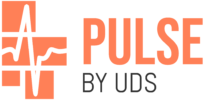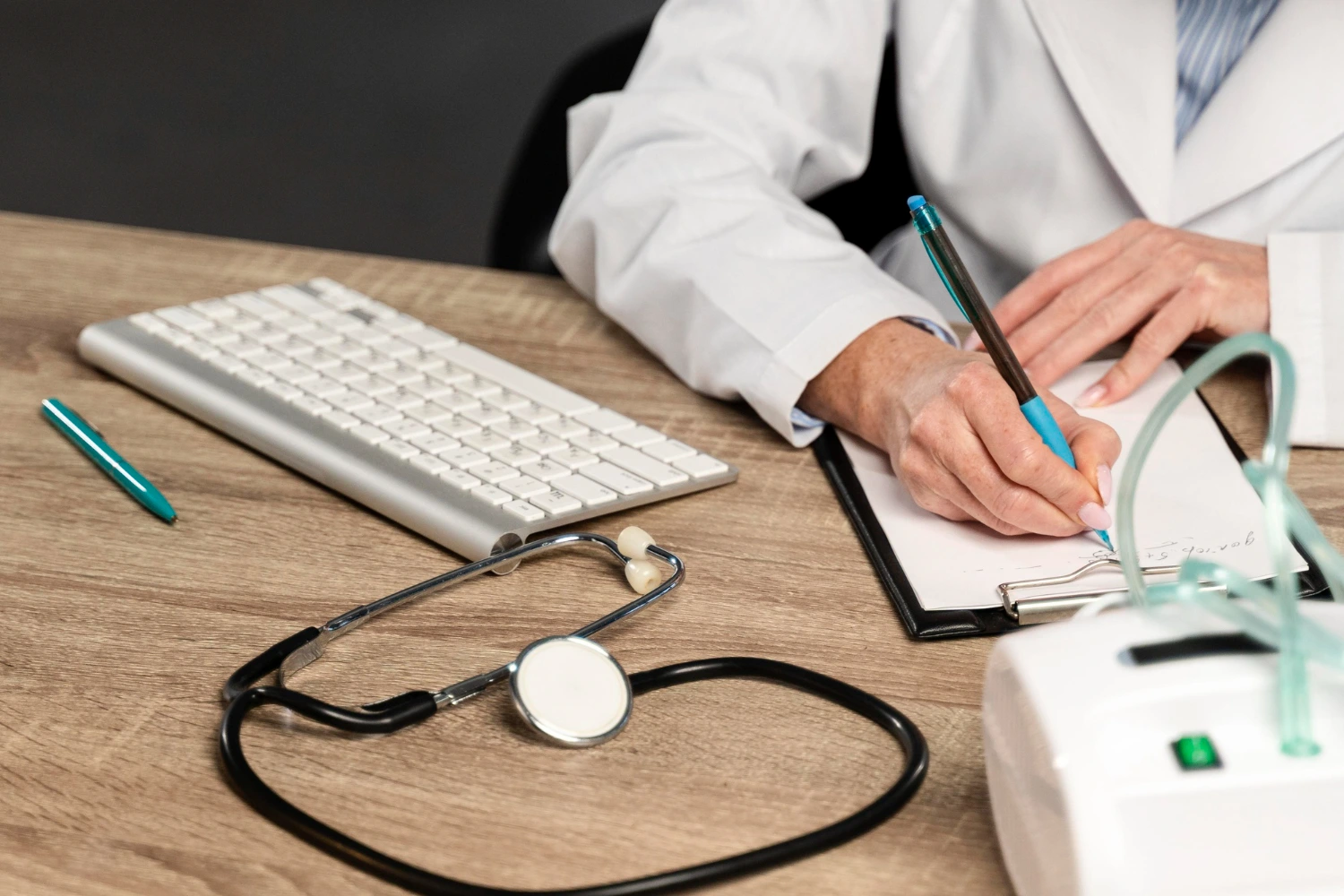Health screenings are an essential component of preventive healthcare, offering a proactive way to detect potential health concerns before they become serious. These screenings can identify early warning signs of conditions such as diabetes, heart disease, and various cancers. By identifying these risks early, individuals have a better chance of receiving timely treatment and improving long-term outcomes.
However, the success of a health screening depends heavily on proper preparation. Attending a screening without adequate planning may lead to inaccurate results, missed diagnoses, or unnecessary follow-up tests. This comprehensive guide will walk you through the steps required to prepare for a health screening, ensuring you get the most accurate results while minimizing stress.
In This Article
By following this checklist, you’ll understand the importance of gathering medical history, fasting requirements, lifestyle adjustments, and how to engage effectively with healthcare providers to make your screening experience productive and informative.
Understanding Health Screenings
Health screenings are designed to detect diseases in their early stages, often before symptoms appear. Different screenings are recommended based on age, medical history, and risk factors.
Common Types of Health Screenings
Screenings may include:
- Blood Pressure and Cholesterol Tests – Essential for identifying heart disease risk.
- Blood Glucose Tests – Critical for detecting diabetes or prediabetes.
- Cancer Screenings – Includes mammograms, colonoscopies, and Pap smears.
- Bone Density Scans – Often recommended for older adults at risk for osteoporosis.
- Hearing and Vision Tests – Important for age-related changes.
- Mental Health Screenings – Assessments for depression, anxiety, or cognitive issues.
Your healthcare provider will determine which screenings are appropriate for you based on age, gender, and medical history.
Key Preparation Steps for a Health Screening
Proper preparation can ensure your results are as accurate and insightful as possible. The following steps outline what you should do before your appointment.
1. Review Your Medical History
Before your screening, compile a detailed medical history that includes:
- Past surgeries and major illnesses.
- A list of current medications (including dosages and frequency).
- Known allergies, including those to medications.
- Family medical history with details of hereditary conditions.
Providing this information to your healthcare provider helps them assess your risk factors and determine which screenings are appropriate.
2. Understand Screening Requirements
Different screenings have unique preparation guidelines. It’s crucial to understand these beforehand.
| Screening Type | Preparation Required |
|---|---|
| Blood Glucose Test | Fast for 8-12 hours; avoid sugary drinks. |
| Lipid Panel (Cholesterol Test) | Fast for 8-12 hours; avoid alcohol for 24 hours. |
| Colonoscopy | Follow bowel preparation instructions carefully. |
| Mammogram | Avoid applying deodorant, lotions, or powders under the arms. |
| Urinalysis | Avoid excessive water intake right before the test. |
| Blood Pressure Test | Avoid caffeine, nicotine, and intense physical activity an hour before. |
Skipping or misunderstanding these requirements can lead to inaccurate results.
3. Prepare for Fasting
If fasting is required, follow these guidelines to ensure accurate test results:
- Fast for 8-12 hours before your screening, depending on the test.
- Avoid consuming alcohol for 24 hours before your test.
- Refrain from drinking caffeinated beverages the morning of your screening.
- Stay hydrated by drinking water unless advised otherwise.
4. Adjust Your Medication Routine
Certain medications can interfere with screening results. Common examples include:
- Blood thinners – May need to be paused before specific screenings.
- Diabetes medications – Dosages may need adjusting during fasting.
- Supplements – Vitamins such as biotin may affect hormone or thyroid test results.
Consult your healthcare provider about medication adjustments before your screening.
5. Prioritize Rest and Sleep
Quality sleep can stabilize hormone levels, blood pressure, and mental clarity. Aim for 7-8 hours of restful sleep the night before your screening. Lack of sleep can elevate stress hormones, potentially skewing test outcomes.
6. Follow Dietary Recommendations
For some screenings, your healthcare provider may recommend specific dietary changes:
- Reduce your intake of fatty foods before cholesterol tests.
- Avoid salty foods before blood pressure screenings.
- Limit or avoid alcohol for at least 24-48 hours prior.
7. Plan What to Bring
Being prepared with essential documents and items can help your screening go smoothly:
- Photo ID for identification purposes.
- Health Insurance Card to ensure billing accuracy.
- List of Medications with names, dosages, and schedules.
- Medical Records if you’re visiting a new provider.
- A Notepad to write down questions or concerns for your doctor.
8. Wear Comfortable Clothing
For screenings requiring physical assessments or ultrasound imaging, wear loose, comfortable clothing that allows easy access to necessary areas. Avoid wearing jewelry or complicated layers that could interfere with the exam.
9. Ask Questions in Advance
To reduce anxiety and ensure clarity, ask your provider questions such as:
- How long will the screening take?
- Are there any side effects or risks involved?
- How soon will I receive my results?
- What steps should I take if my results are abnormal?
Being informed will help you feel more confident during your appointment.
What to Expect After a Health Screening
After your screening, your healthcare provider will discuss the results with you. They may recommend:
- Lifestyle Changes – Such as improved diet, exercise, or stress management.
- Follow-Up Tests – If certain results require further evaluation.
- Specialist Referrals – For in-depth assessments or treatments.
If your results are normal, your provider may suggest when to schedule your next screening.
The Role of Regular Screenings in Disease Prevention
Routine screenings are key to preventing or managing chronic conditions. For example:
- Heart Disease: Cholesterol and blood pressure tests can reveal early signs.
- Cancer: Early detection through screenings like mammograms or colonoscopies can improve survival rates.
- Diabetes: Blood glucose tests help identify risk factors before symptoms emerge.
By detecting issues early, screenings empower individuals to take control of their health.
Conclusion
Preparing for a health screening is crucial for ensuring accurate results and maximizing the benefits of preventive care. By gathering essential medical information, understanding test requirements, and making informed lifestyle adjustments, you can approach your next screening with confidence.
Regular screenings are invaluable in identifying potential risks early, offering you the best chance at preventing or managing serious health conditions. Prioritizing preparation can significantly improve your screening experience, ensuring you gain actionable insights that promote long-term well-being.
References
- Osmosis Blog. (2025, March 7). The Best Resolutions for Healthcare Students in 2025. Retrieved from https://www.osmosis.org
- Carnegie Mellon University. (2025). 2025 Preventive Schedule. Retrieved from https://www.cmu.edu
- Vancouver Family Medicine Clinic. (2025, February 10). How to Prepare for a Routine Health Screening. Retrieved from https://www.vfmc.net









0 Comments